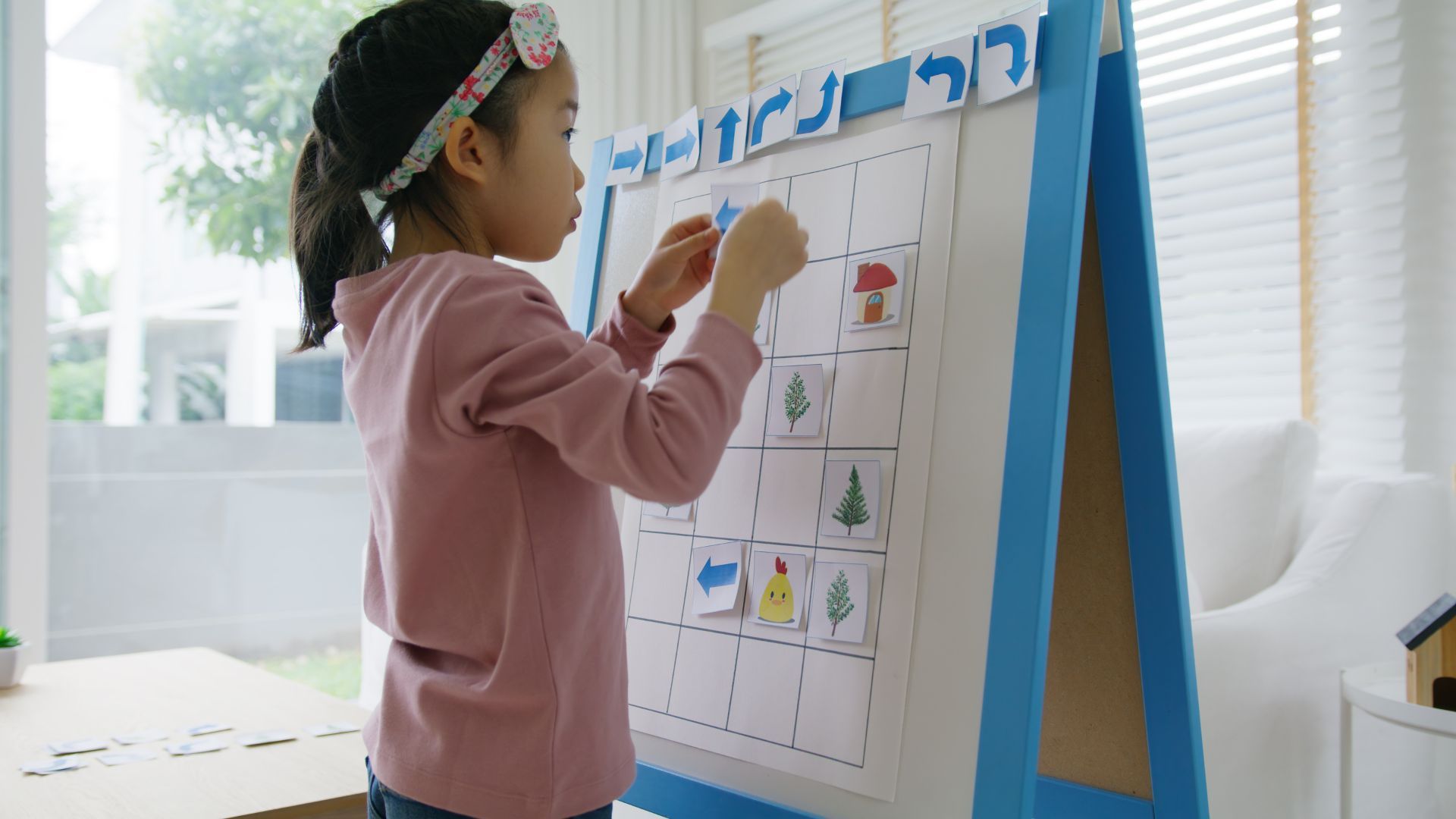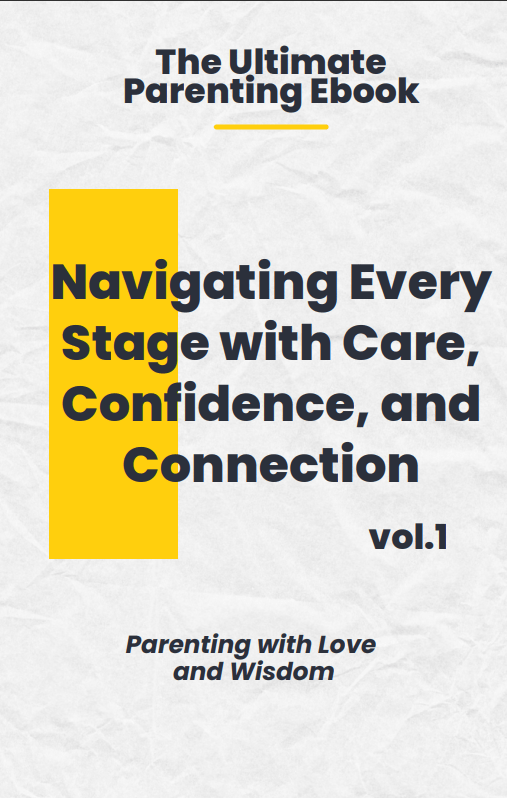Find out how to maintain Parenting Discipline effectively, and discover 10 tips for argument-free rule enforcement.

Parenting Discipline often seems like a balancing act—striving to guide without pushing, to instruct without discouraging. Yet, it is frequently misunderstood as mere punishment and control. This misconception sparks significant debate over the most appropriate methods to discipline children, leaving many parents perplexed about how to effectively set boundaries and nurture self-discipline in their offspring.
Recent studies suggest that a majority of U.S. parents feel disciplining their children is both necessary and challenging, with a Pew Research Center report highlighting that 65% believe it is more difficult today than in previous generations. This underscores the evolving dynamics of Parenting Discipline and its critical role in developing well-rounded children.
In this blog post, we’ll explore practical tips to implement rules effectively and with less friction. Let’s start.
In This Blog
ToggleTip# 1. Understand Your Child’s Perspective
A crucial aspect of Parenting Discipline is recognizing the perspective from which your child views the world. Psychological studies show that children who feel understood are more likely to comply with guidelines set by their parents.
It’s essential to listen actively and validate their feelings, providing a solid foundation for any disciplinary measures. For example, when a child feels frustrated about not being able to play outside due to rain, acknowledging their disappointment before explaining the reasons can make them more receptive to finding alternative activities indoors.
Tip# 2. Set Clear Expectations
Clarity in communication is fundamental in Parenting Discipline. It’s important that your child understands not just what the rules are, but why they exist. Setting clear and consistent expectations can prevent many behavioral issues before they start.

For instance, clearly explaining the reasons behind bedtime routines can make adherence to these rules more manageable for children. Discussing the benefits of good sleep for their health and mood the next day can make the bedtime routine less of a struggle.
Tip# 3. Consistency is Key in Parenting Discipline
Consistency in enforcing rules is what builds trust and understanding in the parent-child relationship. Inconsistent discipline can send mixed signals, making it harder for children to follow guidelines.
Consistent responses ensure that your child knows what to expect and understands the boundaries within which they operate. If bedtime is at 8 PM, sticking to this time daily reinforces its importance, reducing nightly negotiations.
Tip# 4. Choose Your Battles Wisely
Not every hill is worth dying on. Parenting Discipline means prioritizing which rules are non-negotiable and which are more flexible. This discernment prevents constant confrontations and focuses your energy on what truly matters—like safety rules and moral guidelines.
Deciding in advance which behaviors require strict enforcement and which can be more flexible can prevent daily conflicts. For instance, while safety issues like not running into the street are non-negotiable, allowing your child to choose their clothes fosters a sense of independence.
Tip# 5. Go with Positive Reinforcement
Positive reinforcement can reinforce good behavior and is a cornerstone of effective Parenting Discipline. Celebrating your child’s successes, rather than just focusing on missteps, can motivate them to maintain good behavior.
This could be as simple as praising them for sharing or following through on chores without being asked. Implementing a reward system, like a sticker chart for younger children or earning privileges for older children, can be very effective.
Tip# 6. Involve Your Child in the Rule-Making Process
When children are involved in creating the rules, they are more likely to abide by them. This approach not only makes children feel respected and valued but also teaches them about responsibility and consequences.

For example, letting them suggest their own rewards and consequences can be very effective. When a child helps to set the rules for screen time, they’re more likely to adhere to these guidelines without argument.
Tip# 7. Try Effective Communication Techniques
How you talk about rules can affect how well they are followed. Techniques like using a calm voice, making eye contact, and using affirmative language can help make discussions about rules more productive and less likely to escalate into arguments.
Demonstrating these communication skills can also teach children how to express themselves more effectively, reducing frustration on both sides.
Tip# 8. Educate Through Consequences
Logical consequences are an integral part of teaching children about the effects of their choices. For instance, if a child neglects their homework, a logical consequence could be losing some screen time, thereby directly linking the consequence to the behavior.

This helps children understand the impact of their actions and encourages them to make better choices in the future.
Tip# 9. Maintain a United Front
A consistent approach from all caregivers is essential in effective Parenting Discipline. When parents, stepparents, and other caregivers all use the same strategies and guidelines, it reinforces the structure and reduces confusion for the child.
Communication between caregivers about disciplinary strategies and decisions is crucial for maintaining this united front.
Tip# 10. Take Time for Yourself
Effective Parenting Discipline also involves taking care of your own mental and emotional well-being. Stress can impact your ability to be a good parent. Simple activities like walking, reading, or pursuing a hobby can significantly impact your patience and overall approach to discipline.
Prioritizing self-care helps you remain calm and focused, providing the best care and guidance for your children.
Conclusion
Mastering parenting discipline is a journey that requires patience, consistency, and a touch of creativity. Remember, effective parenting discipline isn’t about controlling your child but guiding them to make better choices.
By maintaining clear and consistent rules, utilizing positive reinforcement, and understanding your child’s perspective, you can foster a relationship built on mutual respect and understanding. We hope these insights into parenting discipline will help you create a harmonious home where both you and your children thrive.
Now, we’d love to hear from you! What strategies have you found most effective in your parenting discipline efforts? Share your experiences and tips in the comments below to help other parents navigate this essential aspect of parenting.
You may also be interested in : Parents With Anger Issues: Causes, Warning Signs, & Coping Strategies To Break The Cycle
FAQs
1. What is the first step in effective parenting discipline?
Start by setting clear expectations. Clear communication helps your child understand what is expected of them, reducing confusion and potential conflicts.
2. How can I enforce rules without causing arguments?
1. What is the first step in effective parenting discipline?
Start by setting clear expectations. Clear communication helps your child understand what is expected of them, reducing confusion and potential conflicts.
3. What role does positive reinforcement play in parenting discipline?
Positive reinforcement encourages good behavior by rewarding your child for following rules. This method is more effective and positive than punitive measures.
4. Can involving children in rule-making improve discipline?
Yes, involving children in creating rules can make them more likely to follow them because they feel a sense of ownership and responsibility over the agreed-upon guidelines.
5. How important is consistency in parenting discipline?
Consistency is key. It helps establish trust and lets children know what to expect, which in turn makes them more likely to comply with set rules




